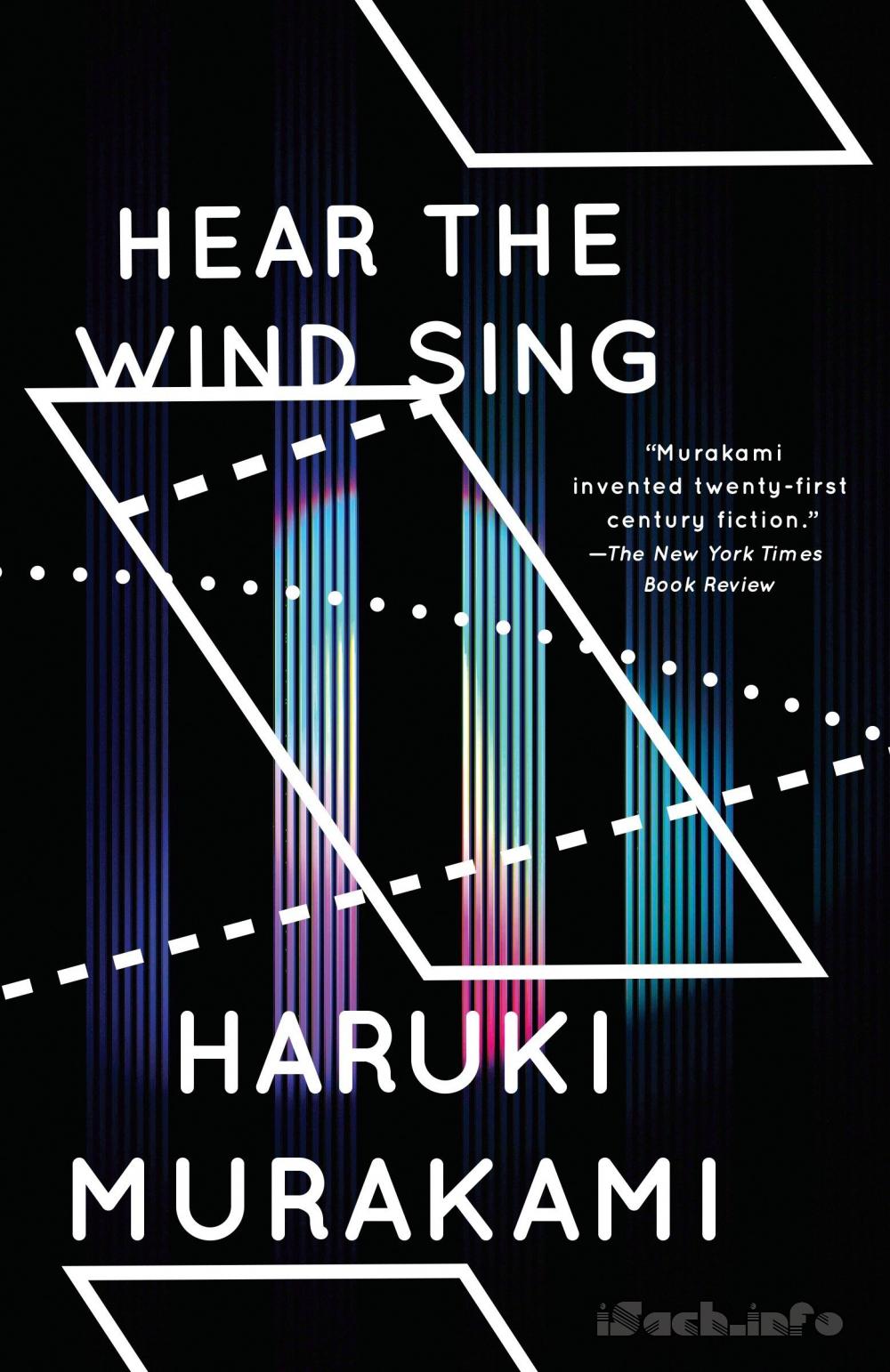Chapter 5
4
0Let’s talk one last time about Derek Hartfield. Hartfield was born in 1909 in a small town in Ohio, the same town where he was raised. His father
was a taciturn telegraph engineer, his mother, a plump woman, cooked up horoscopes and cookies. During his gloomy youth, he had not a single
friend, and when he could find some free time, he’d leaf through comic books and pulp magazines, and eating his mother’s cookies and continuing
in the aforementioned manner, he graduated from high school. After graduating, he tried working in the town’s post office, but it didn’t suit him for
very long, and from this point forward he believed that his path led only in the direction of being a novelist. He sold his fifth short story to Weird Tales
in 1930, getting twenty dollars for the manuscript. For the next year, he spouted out 70,000 word manuscripts at the rate of one per month, the
following year his pace increased to 100,000 words, and before he died he was up to 150,000 words. He had to buy a new Remington typewriter
every six months, or so the legend goes.
His books were mostly adventure novels and bizarre stories, and he skillfully unified both those themes in his Waldo the Young Adventurer series,
which became his biggest hit, totaling 42 stories in all. Within those stories, Waldo died three times, killed five thousand of his enemies, and
(including Martian women) slept with 375 women. Out of those stories, we can read a few of them in translation. Hartfield despised a great deal of
things. The post office, high school, publishing companies, carrots, women, dogs…the list goes on and on. However, there were only three things
he liked. Guns, cats, and his mother’s cookies. To fend off Paramount studios and FBI researchers, he had the biggest, most complete gun
collection in the United States. Everything short of antiaircraft and antitank guns. His favorite gun of all was his.38 special revolver with its pearlinlaid handle, and though it could only hold one bullet at a time, ‘With this, I can revolve myself anytime Iwant,’ was one of his favorite sayings.
However, when his mother died in 1938, he took a trip to New York City, climbed the Empire State Building, and jumped off the roof, splattering on
the pavement like a frog.
His tombstone, in accordance with his will, bears the following Nietzsche-esque quotation:
“In the light of day, one can comprehend the depths of night’s darkness.”
Hartfield, once again… (instead of an afterword) To say that if I hadn’t come across a writer called Derek Hartfield I wouldn’t have started writing,
no, I wouldn’t go that far. Still, my path to getting here would have probably been completely different. When I was in high school, in a secondhand
bookstore in Kobe, looking as if they’d been put there by foreign sailors, there were some Hartfield books, and Irounded them up and bought them.
One book was fifty yen. Had the place not been a bookstore, Iwouldn’t have even recognized them as books. Riding on some freighter, or atop the
bed of some junior officer’s bunk in a destroyer, these books had made the trip across the Pacific Ocean, and from far across time, they made their
way to the top of my desk.
* * *
A few years later, I went over to America. It was a short trip; I went only to see Hartfield’s grave. I learned where it was from a letter sent to me by a
Mr. Thomas McClure, the enthusiastic (and only) researcher of Derek Hartfield. ‘The grave is as small as the heel of a high-heeled shoe. Be sure
not to overlook it,’ he wrote.
From New York I boarded a Greyhound bus resembling a giant coffin, and it arrived in that small town in Ohio at 7am. Not a single other passenger
got off the bus with me. Crossing the fields outside of town, there was the graveyard. It was bigger than the town itself. Above my head, a bunch of
skylarks were going round in circles while singing their flight songs. I spent a long hour searching for Hartfield’s grave. After plucking some dusty
wild roses from nearby and placing them on his tombstone as an offering, I put my hand to the grave, sat down, and smoked a cigarette. Beneath
the soft May sunlight, I felt that life and death were just as peaceful. Facing the sky, I closed my eyes and spent a few hours listening to the singing of
the skylarks.
This story began there, at that graveyard. Where it eventually ended up, I have no idea.
“Compared to the complexity of the universe,”
Hartfield says, “our world’s like the brain tissue of an earthworm.”
I’d like to see it, that’s my request as well.
* * *
We’ve come to the end, but in regards to Hartfield’s diary, the aforementioned Mr. Thomas McClure’s laboriously-written work (The Legend of the
Sterile Stars: 1968) provided me with many quotes. I am grateful.
May, 1979
Murakami Haruki



 ePub
ePub A4
A4